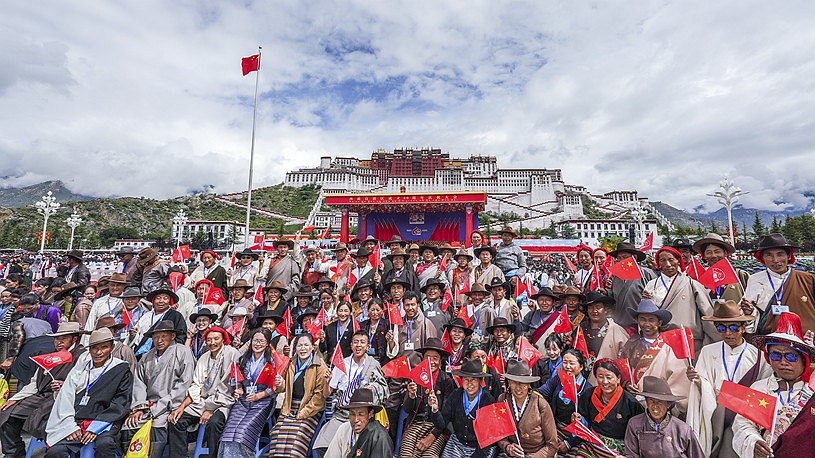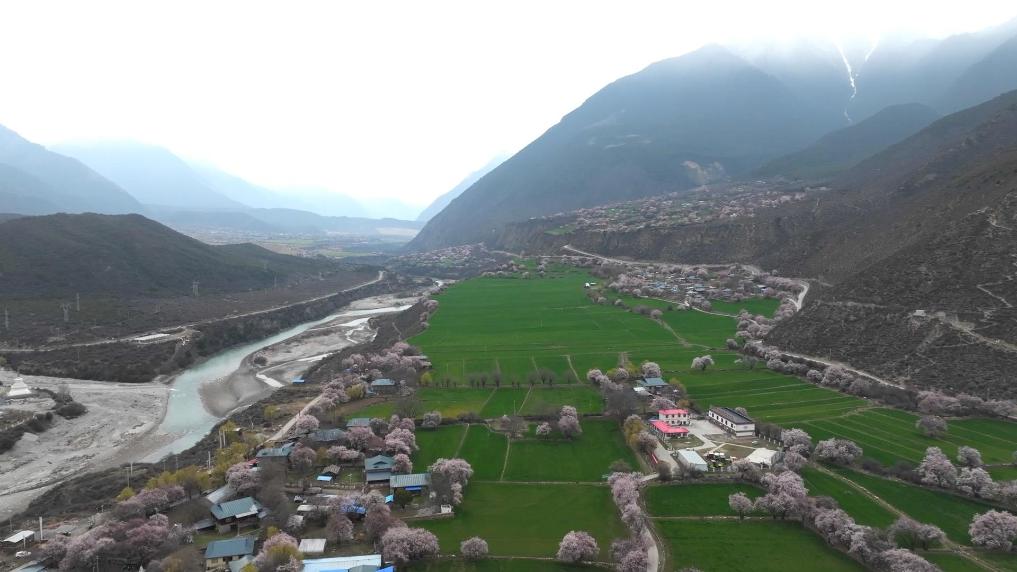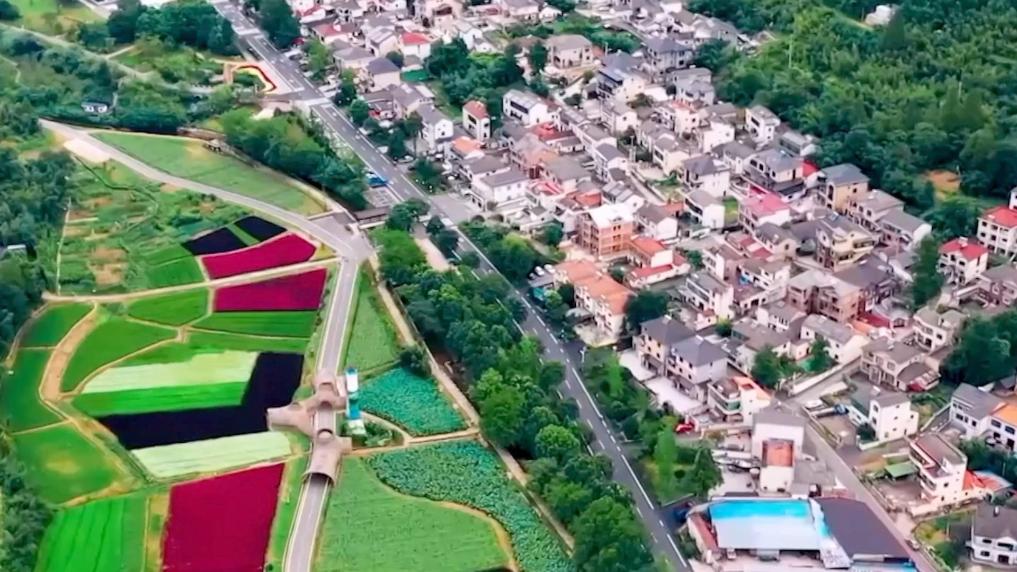Pakistani scientist helps combat "banana cancer" in China
Source: Xinhua
Editor: huaxia
2025-08-22 22:42:15
HAIKOU, Aug. 22 (Xinhua) -- In a banana field at Yazhou Bay Science and Technology City in Sanya, south China's Hainan Province, Waseem Raza spends his mornings meticulously inspecting stems, leaves and fruit clusters before plunging into late-night hours in the lab, peering through microscopes and analyzing data until well past midnight.
Raza, 45, a scientist from Pakistan, has devoted his career to combating banana diseases.
His journey in China began in 2005 when he arrived for doctoral studies at Nanjing Agricultural University. After graduating in December 2009, he stayed on as a lecturer at the university for 12 years. This year, he joined the Chinese Academy of Tropical Agricultural Sciences (CATAS) as a senior researcher, working in a laboratory at CATAS.
His research focuses on soil ecology, soil microbiology and plant-microbe interactions to help tackle Banana Fusarium Wilt, a devastating fungal disease known as "banana cancer," which once wreaked havoc on China's banana industry and caused production to plummet.
"My job is to safeguard the health of bananas," Raza said. "I try to find effective ways to control disease and support the industry's growth."
After years of research, CATAS and other institutions have cultivated resistant banana varieties, while also developing eco-friendly, disease-control technologies, which revived the industry. However, in Pakistan, where the fruit is also a major source of income, local farmers still face similar challenges.
Raza and his team are now developing what he calls a "green revolution" approach, using bacterial volatile compounds that suppress and eliminate pathogens while stimulating plant growth. They have completed lab trials.
"We plan to introduce these technologies to the fields this year or next. The goal is to enhance the effectiveness against Banana Fusarium Wilt using bio-organic fertilizers," he said.
Through collaborations between China and Pakistan, Raza said he hopes to take these technologies back to his home country. By combining Chinese expertise with local research, he aims to strengthen the banana industries of both countries.
Chen Yufeng, an associate researcher at CATAS, said Raza's expertise not only made him a valuable addition to the team but also strengthened their global outreach.
"Such cross-border synergy helps us better address agricultural challenges common to developing countries," Chen added.
Raza's story reflects a broader trend of deepening scientific cooperation between China and Pakistan, with Yazhou Bay Science and Technology City emerging as a hub for such exchanges and Pakistani scientists like him increasingly taking leading roles in joint projects that bridge the expertise of both nations.
"China and Pakistan are very good friends," Raza said, pointing to collaborations under the Belt and Road Initiative, the Shanghai Cooperation Organization, and the China-Pakistan Economic Corridor.
Having lived in China for 20 years, Raza considers the country his second home. Beyond his research, he has built a family in Sanya, savors the tropical coastal scenery, and often strolls along the beach after work, with colleagues guiding him to discover the city and enjoy its local cuisine.
Though contracted until 2030, Raza has already laid out long-term plans and hopes to settle permanently in Sanya.
"Agricultural cooperation has massive potential between China and Pakistan," Raza said, noting that he will continue contributing to joint research and looks forward to stronger collaboration between scientists to boost banana production and quality on both sides. ■













Comments